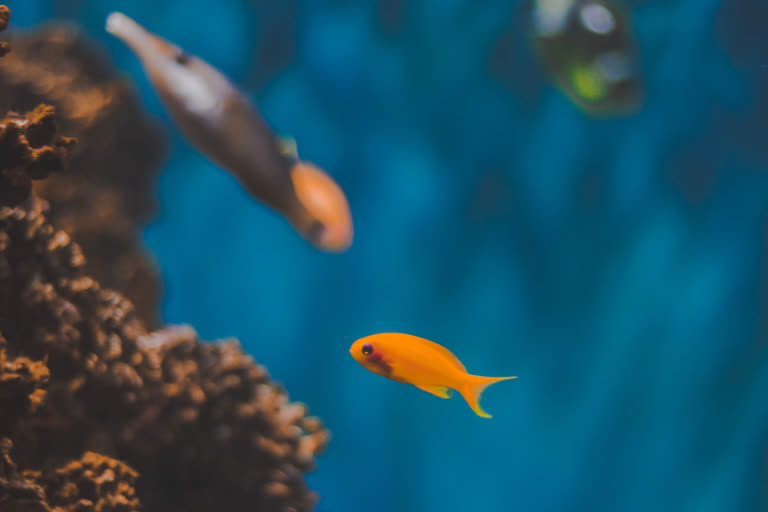Albury: Australia has downgraded the outlook for the Great Barrier Reef from "poor" to "very poor", due to warming oceans.
The Great Barrier Reef Marine Park Authority's condition report, which is updated every five years, is the latest bad news for the 345,400 square kilometres (133,360 square miles) colourful coral network off the northeast Australian coast, as climate change and coral bleaching take their toll.
The report, issued on Friday, finds the greatest threat to the reef remains climate change. The other threats are associated with coastal development, land-based water runoff and human activity, such as illegal fishing.
"The outlook is that the condition has deteriorated, and the report calls out the biggest threat to the reef, which is climate change," said Australian Environment Minister Sussan Ley.
The report is the agency's third and tracks continuous deterioration since the first in 2009. The deterioration in the reef's outlook mostly reflects the expanding area of coral killed or damaged by coral bleaching.
The report said that the threats, which include the star-of-thorns starfish that prey on coral polyps, are 'multiple, cumulative and increasing'.
A study of coral bleaching on the reef, published in the journal Nature in 2017, found 91% of the coral reef had been bleached at least once during three bleaching events of the past two decades, the most serious event occurring in 2016.
Fourth major bleaching struck later in 2017 after the Nature study was published.
The United Nations' World Heritage Committee expressed concern about bleaching in 2017 and the report on Thursday could lead to the World Heritage-listed natural wonder being reclassified by UNESCO next year as 'in danger'.
Ley said that she was not surprised by the downgrade in the reef's condition given the damage done by recent cyclones and latest bleaching events in successive years.
She also said that her government was "building resilience in this important global reef" and was keeping its Paris commitment to reduce Australia's greenhouse gas emissions by 26% to 28% below 2005 levels by 2030.
While the Great Barrier Reef is the world's largest coral reef system, reefs around the world are under stress from warming ocean temperatures.
Read more: UK PM warns against trying to block Brexit



